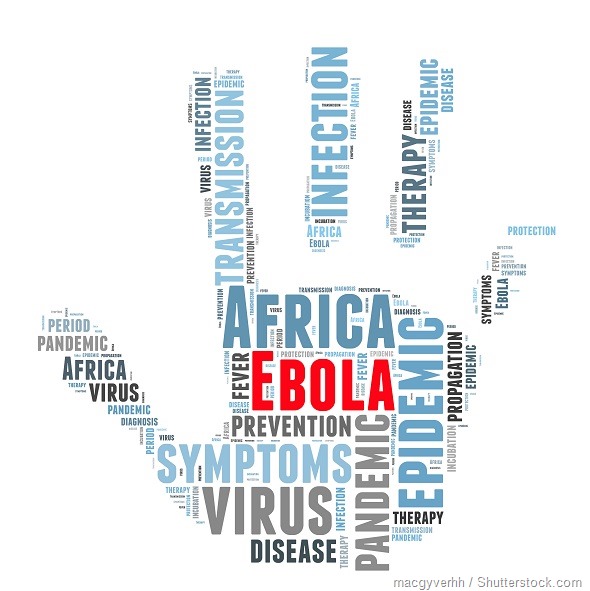The Centers for Disease Control and Prevention has announced that any person flying into the USA from Liberia, Sierra Leone or Guinea will soon have to undergo daily Ebola monitoring for several weeks after their arrival.
All passengers arriving from these countries will be followed up by health authorities on a daily basis for 21 days since their departure from West Africa. This will be in addition to the entry screening already carried out at the five airports these passengers are currently flying into. 
The six states where most of these travellers arrive (New York, New Jersey, Georgia, Maryland, Pennsylvania and Virginia) are busy preparing to implement the post-arrival monitoring, which will be required from Monday 27th October. The remaining states will introduce the process in the days following.
The monitoring will involve both state and local health authorities checking up on travellers everyday until three weeks have passed since their last possible exposure to Ebola. Twenty-one days is the maximum time it can take for a patient to start presenting with symptoms after they have been exposed to the virus.
Travellers will be required to report daily on the presence or absence of symptoms such as fever, joint and muscle ache, headache, abdominal pain, loss of appetite, diarrhea, vomiting and any abnormal bleeding. They will also need to update the authorities on whether they have any plans to travel, either in-state or beyond. If a person fails to provide any of this information, a search will be initiated to locate them so their daily monitoring can be continued.
If a traveller does begin to display any Ebola symptoms, they will be directed to the nearest hospital that is equipped to receive Ebola patients, where they will be isolated and evaluated.
The screening provides an additional safety measure to the exit screening already carried out in West Africa and the enhanced entry screening that has been implemented at the five U.S airports currently receiving these passengers.
The CDC will continue to assist Liberia, Sierra Leone and Guinea with the implementation of existing screening processes.